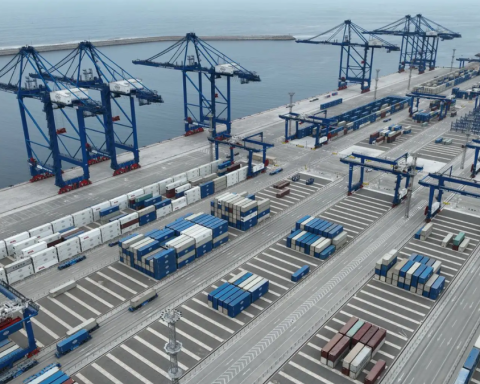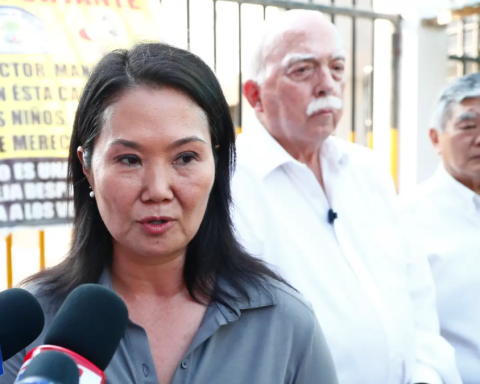Colombia will search until 2030 investments of between 3,000 and 5,000 million dollars to develop the green hydrogen and thus become one of the world’s leading exporters of this clean energy, the Minister of Mines and Energy, Diego Mesa, told ‘EFE’.
(See: Green hydrogen with Colombian seal to combat climate change).
The minister emphasized the potential of this clean energy, that is produced thanks to the separation of hydrogen and oxygen molecules in water.
“Our goal until 2030 is to achieve investments of between 3,000 and 5,000 million dollars to achieve an electrolyzer capacity of between 2 and 3 GW and that requires between 3.5 and 4.5 GW of unconventional renewable energy“Mesa noted.
He explained that Colombia already uses hydrogen in various energy sectors, but the challenge is to do it in a green, non-polluting way.
(See: Promigas, Ecopetrol and TGI will make hydrogen pilots).
“This requires water, sun and wind and Colombia has world class resources“, said the minister, who indicated that hydrogen serves, for example, to lower sulfur in fuels, making them emit less pollution, or to mix it with natural gas, also lowering their emissions load.
ADHESION TO THE IEA
During his European tour, Mesa met in Hamburg (Germany) with associations and academics specializing in green hydrogen.
“They see Colombia as a potential exporter in the medium term“, he indicated.
(See: ‘Before 10 years the country will massify the use of hydrogen’).
In Berlin, he signed a memorandum with the German Energy Agency on the development of renewables, he added.
During his stay in Paris, Mesa met with potential investors and with the management of the International Energy Agency (IEA), a multilateral body based in Paris that Colombia aspires to join in 2022.
(See: The roadmap for the use of hydrogen in Colombia is ready).
To complete the process, an IEA mission to Colombia is pending in which they will review “responsiveness“of the country before a certain event and a complete review of the Colombian energy system.
“The process to formalize requires ratification in the (Colombian) Congress and that will have to be with the new legislature, but it will be expedited. The process is going quite well“he added.
Mesa considered that accession a big step, because the IEA is the high-level body in which the public energy and hydrocarbon policies and it is important “not only have a voice as a vote in those decisions“.
“There is also the part of technical assistance and cooperation that works in two ways. I believe that Colombia has shown itself to be a leader in the energy transition and we can share all the experience accumulated in these three years“, Hill.
EFE
















